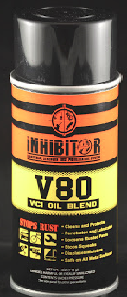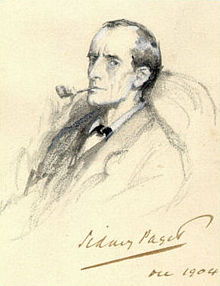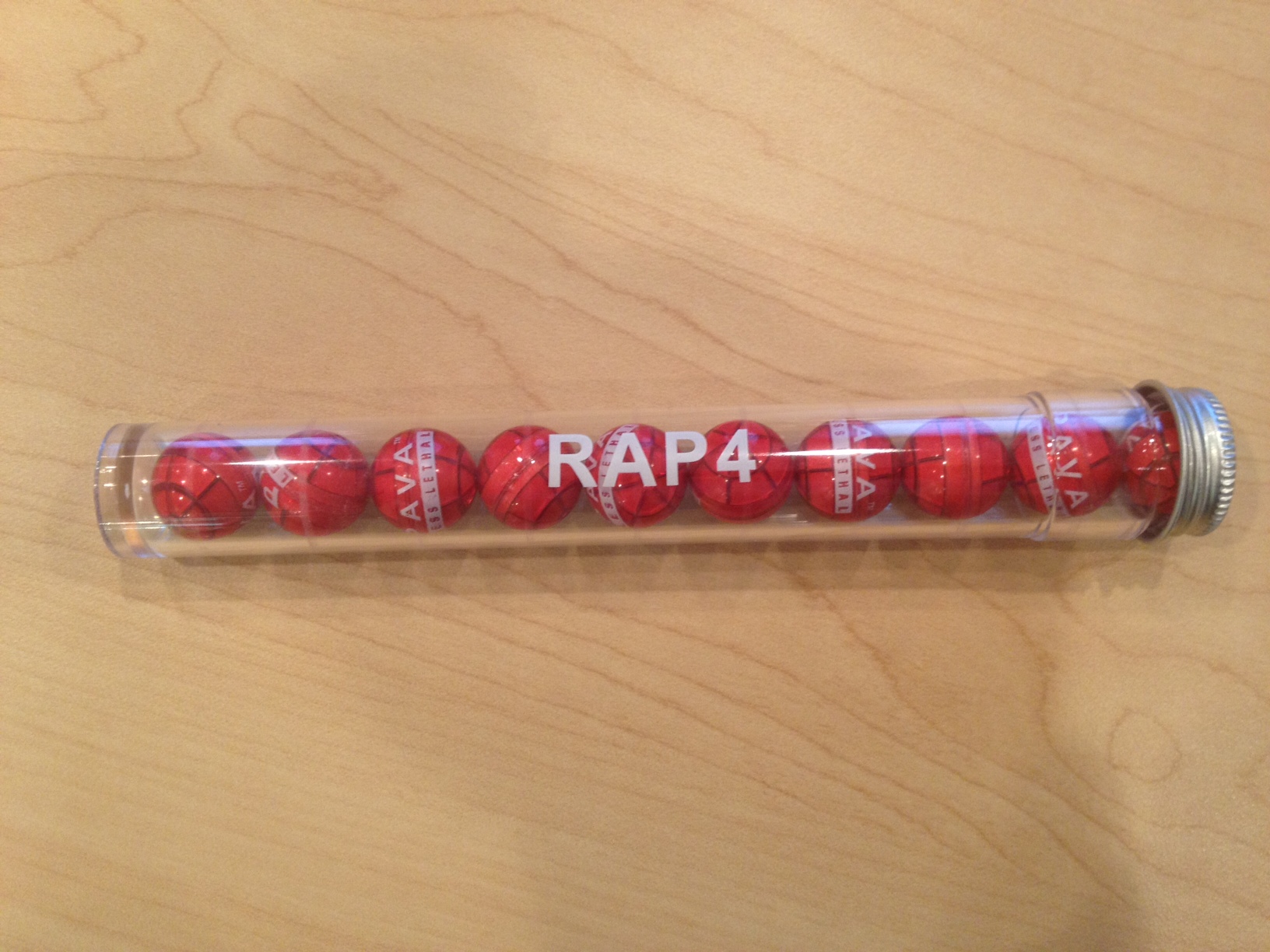Chicago, Illinois – The United States Court of Appeals for the Seventh Circuit has affirmed the judgment of the Northern District of Illinois, Eastern Division. Copyright lawyers for Guy Hobbs of the United Kingdom had sued alleging copyright infringement by Elton John and Bernie Taupin of the United Kingdom of Hobbs’ copyrighted work “Natasha” which has been registered in the United Kingdom. The district court dismissed the complaint and the appellate court affirmed.
While working on a Russian cruise ship, Hobbs composed a song entitled “Natasha” that was inspired by a brief love affair he had with a Russian waitress. He tried to publish his song, but was unsuccessful. A few years later, John and Taupin released a song entitled “Nikita” through a publishing company to which Hobbs had sent a copy of “Natasha.” Believing that “Nikita” was based upon “Natasha,” Hobbs eventually demanded compensation from John and Taupin. He ultimately filed suit asserting a copyright infringement claim and two related state-law claims. The Defendants asked the district court to dismiss Hobbs’ complaint for failure to state a claim.
In supporting his claim for copyright infringement in the district court, Hobbs asserted both traditional copyright infringement of individual elements of “Natasha” and also copyright infringement based upon “Natasha” as a combination of similar elements that would be unprotectable individually.
After considering Hobbs’ first argument of copyright infringement, the district court concluded that the elements identified were not entitled to copyright protection when considered alone.
Hobbs’ second legal theory to support a claim of copyright infringement was that the unique selection, arrangement, and combination of individually unprotectable elements in a song could be entitled to copyright protection. The district court also rejected Hobbs’ “unique combination” argument because it interpreted the law, as stated in Peters v. West, 692 F.3d 629, 632 (7th Cir. 2012), to preclude Hobbs’ copyright infringement claim based upon a combination of similar elements that are unprotectable individually. Despite rejecting Hobbs’ “unique combination” argument in this set of circumstances as an impermissible application of copyright law, the district court nevertheless considered the facts under this theory.
In defending his “unique combination” theory, Hobbs identified a number of allegedly similar elements between the two songs. He argued that his selection and combination of those elements in “Natasha” constituted a unique expression entitled to copyright protection, and that the Defendants’ similar use of those elements in “Nikita” supported a claim for copyright infringement. Hobbs identified the following allegedly similar elements that are found in both songs:
· A theme of impossible love between a Western man and a Communist woman during the Cold War;
· References to events that never happened;
· Descriptions of the beloved’s light eyes;
· References to written correspondence to the beloved;
· Repetition of the beloved’s name, the word “never,” the phrase “to hold you,” the phrase “I need you,” and some form of the phrase “you will never know”; and
· A title which is a one-word, phonetically-similar title consisting of a three-syllable female Russian name, both beginning with the letter “N” and ending with the letter “A.”
The district court held that the similar elements, even when considered under the “unique combination” theory, still could not support a claim for copyright infringement. It also concluded that the Copyright Act preempted Hobbs’ state-law claims.
The sole issue for appeal was Hobbs’ “unique combination” theory. The Seventh Circuit held that Hobbs failed to state a claim for copyright infringement because, even when the allegedly similar elements between the songs were considered in combination, “Natasha” and “Nikita” did not share enough unique features to give rise to a breach of the duty not to copy another’s work. It held that, although both songs contained the idea of an impossible love affair due to a conflict, each song expressed this general idea differently. That is, “Natasha” and “Nikita” tell different stories about impossible romances during the Cold War. Thus, as a matter of law, they were not substantially similar and the dismissal of Hobbs’ claim for copyright infringement was affirmed.
Practice Tip #1:
The Seventh Circuit declined to decide whether Hobbs was correct when he argued that a unique selection, arrangement, and combination of individually unprotectable elements in a song can support a copyright infringement claim. Instead, careful review of both songs’ lyrics reveals that Hobbs’ first four allegedly similar elements are expressed differently in “Natasha” and “Nikita.” The remaining similar elements were standard fare in popular love songs and, thus, could not serve to serve as evidence that infringement had occurred.
Practice Tip #2:
The Copyright Act does not protect general ideas, but only the particular expression of an idea. Additionally, even at the level of particular expression, the Copyright Act does not protect incidents, characters or settings which are as a practical matter indispensable, or at least standard, in the treatment of a given topic.
However, there is a wealth of authority recognizing that, in certain situations, a unique arrangement of individually unprotectable elements can form an original expression entitled to copyright protection. See Feist Publ’ns, Inc. v. Rural Tel. Serv. Co., 499 U.S. 340, 362 (1991) (“The question that remains is whether [the plaintiff] selected, coordinated, or arranged these uncopyrightable facts in an original way.”); JCW Invs., Inc. v. Novelty, Inc., 482 F.3d 910, 917 (7th Cir. 2007) (“[T]he very combination of these [unprotectable] elements as well as the expression that is [the work itself] are creative.”); Bucklew v. Hawkins, Ash, Baptie & Co., 329 F.3d 923, 929 (7th Cir. 2003) (“[I]t is the combination of [unprotectable] elements, or particular novel twists given to them, that supply the minimal originality required for copyright protection.”); Roulo v. Russ Berrie & Co., 886 F.2d 931, 939 (7th Cir. 1989) (“While it is true that these elements are not individually capable of protection, just as individual words do not deserve copyright protection, it is the unique combination of these common elements which form the copyrighted material.”); see also Stava v. Lowry, 323 F.3d 805, 811 (9th Cir. 2003) (“It is true, of course, that a combination of unprotectable elements may qualify for copyright protection.”); Knitwaves, Inc. v. Lollytogs Ltd., 71 F.3d 996, 1003-04 (2d Cir. 1995) (“As the Supreme Court’s decision in [Feist] makes clear, a work may be copyrightable even though it is entirely a compilation of unprotectible elements.”).
Practice Tip #3:
Although Hobbs brought his action twenty-seven years after “Nikita” was authored and eleven years after Hobbs allegedly first encountered “Nikita,” the Defendants did not raise the three-year statute of limitations, see 17 U.S.C. § 507(b), as a defense in their motion to dismiss.
Continue reading
 Indiana Intellectual Property Law News
Indiana Intellectual Property Law News





